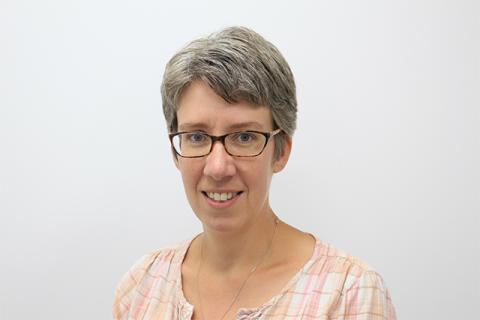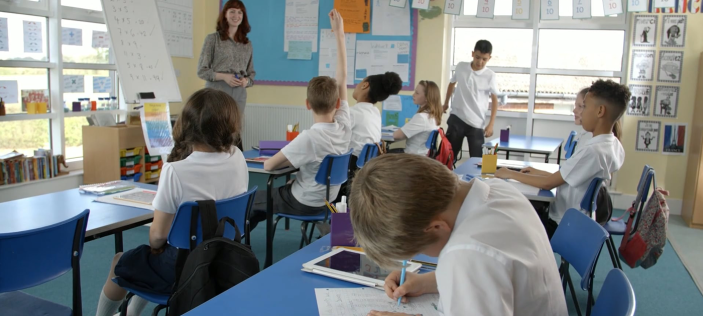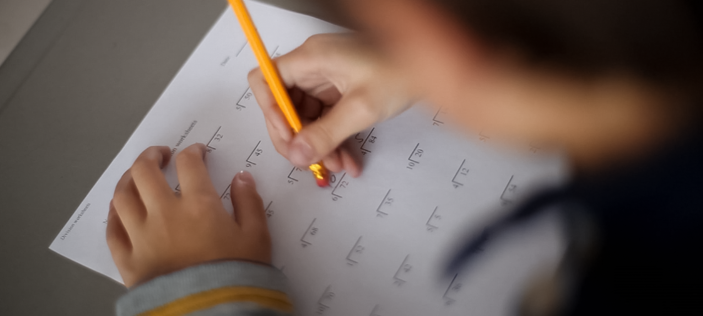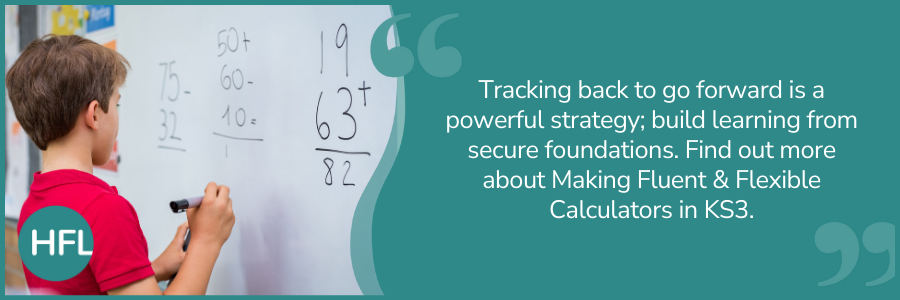
In Charlie Harber’s blogs Making fluent and flexible calculators: why counting is not enough and Making fluent and flexible calculators: why is additive reasoning essential for children's success in multiplication?, she explains the importance of pupils learning a range of mental additive calculation strategies and then using and applying this knowledge to a greater fluency range.
Confidence comes from making connections
I feel that pupils being able to see connections between what they already know and unfamiliar learning is crucial to becoming confident mathematicians and enjoying the subject.
Sadly, we know many pupils and adults don't feel confident with mathematics and see it as a bewildering world to which they don't have access. These feelings begin to manifest in our youngest pupils, and by KS3, there are pupils so disengaged that they lose faith that maths will ever be for them.
Within the main findings of Ofsted's 2023 Coordinating Mathematical Success: the mathematics subject report, the following is said about secondary schools:
Pupils who are learning mathematics more slowly than their peers frequently receive a mathematics education that does not meet their needs. They are often rushed through the study of new content, in order to ‘complete the course’, without securely learning what they are studying.
Maths is hierarchical; new learning builds on what has come before. Let's take solving an algebraic equation that we might find in a KS3 maths lesson:
Find the value of x
4x + 7 = 25 – 2x
Curriculum progression: tracking back and making connections
To work out the value of x, you need to have a whole set of prerequisites, including:
- Understanding what equals means
- Understanding the symbols + and –
- The shorthand of 4x meaning 4 multiplied by x
- The rules of BIDMAS
- Inverse relationships to be able to re-arrange the equation
- Addition calculation strategies
- Multiplication and division facts
If all this isn't in place when these types of calculations are introduced, a set of 'rules' are learnt and applied. This works to an extent, but when following a process, if a mistake happens, it is tough to notice or figure out what has gone wrong. This breeds low self-confidence and a sense of failure.
Foundational facts for KS3
Research by the Nuffield Foundation on Low attainment in mathematics: an investigation focusing on Year 9 pupils in England found that:
Prior attainment in mathematics is the strongest predictor of future attainment.
All other factors (including gender, socioeconomic status, attitudes, etc) are very much second order. What pupils can learn appears to be largely predicted by what pupils already know.
So, thinking about this, and if we consider that the list of prerequisites above is mainly taught in KS1 or lower KS2, will currently lower-attaining pupils in KS3 ever 'catch up'?
In the Autumn term of 2023, HFL Education piloted the Making Fluent and Flexible Calculators project with a group of secondary schools from around the country. Programme training supported effective delivery of the diagnostic assessment to identify pupils’ gaps in additive calculation strategy. Further training and teaching resources provided guidance around how to explicitly teach efficient strategies to secure learning for pupils to use and apply.
Building trust
Within the project, learning is tracked back to base fact foundations (KS1 learning) and focuses on one calculation strategy at a time. Explicit instruction is used to ensure the strategies are conceptually understood and trusted.
Once trust in the strategy is gained, rehearsal ensures that confidence grows and application of the strategy to a greater fluency range is introduced. Crucially, as well as learning how to use and apply a strategy when solving calculations, time is also spent considering when a strategy shouldn't be used.
The Nuffield research also found that "pupils valued detailed explanations with methods broken down into steps". When teachers were interviewed about the importance of being able to derive an unknown fact from a known one, they recognised that this was an essential element of fluency. Still, most reported that "they had not taught this skill explicitly and that their pupils rarely used it."
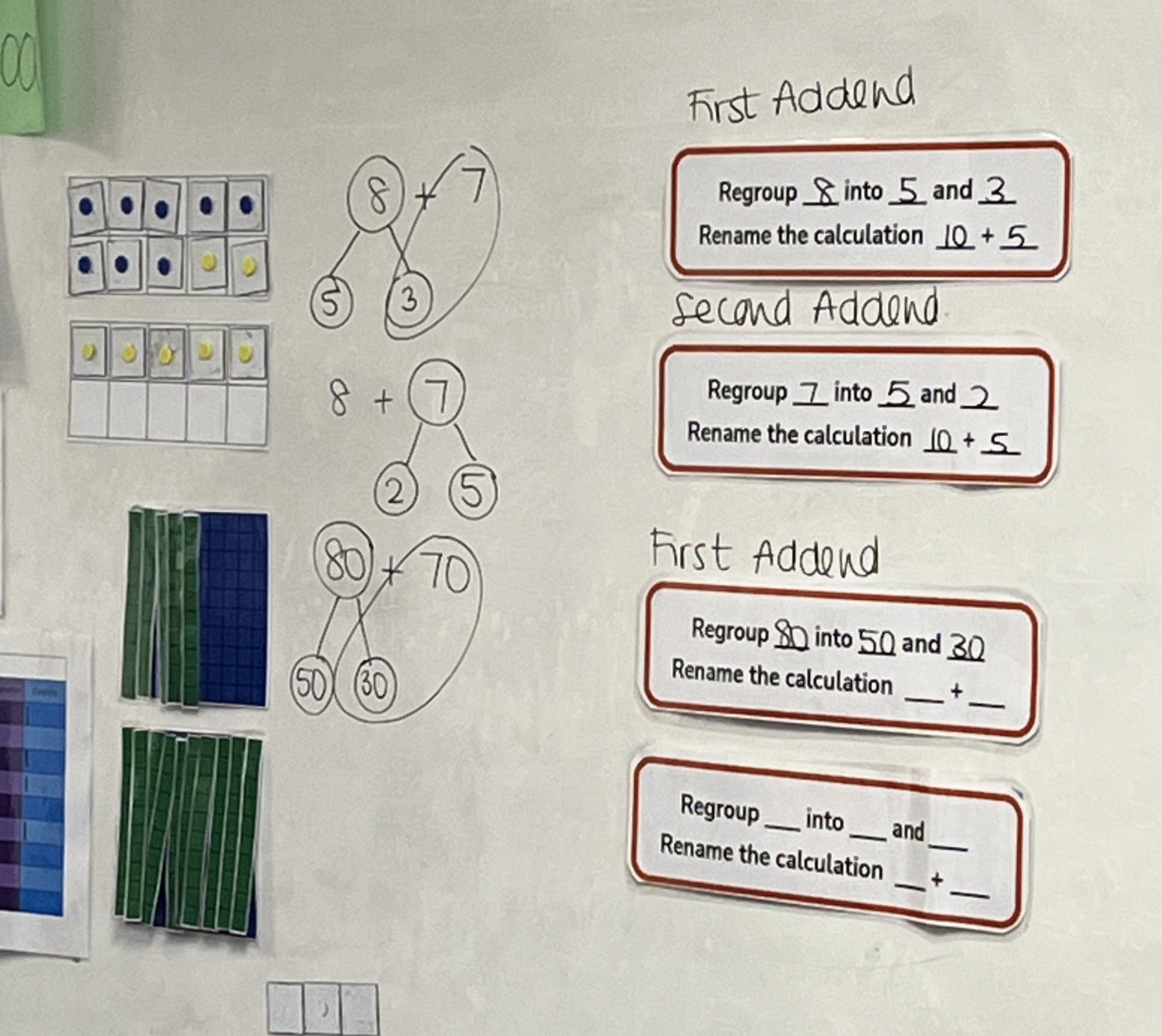
Once the pupils have been taught the strategies, rehearsal time is needed. To summarise point 115 in the 2023 Ofsted mathematics subject report, when teachers recognised that retrieval practice needs to include rehearsal of crucial knowledge and skills that pupils had learnt previously but not yet to automaticity, success rates were generally high.
The Making Fluent and Flexible Calculators project uses this principle once the explicit teaching of a strategy is completed.
Repetitive, scaffolded, linked practice is completed regularly for 5-10 minutes daily. The practice is teacher-led and initially highly scaffolded so that misconceptions can be ironed out and not rehearsed. Remember, practice makes permanent; not always perfect!
Making Fluent and Flexible Calculators practice supports the teaching of crucial knowledge and skills that have been learnt but need further rehearsal to gain automaticity:
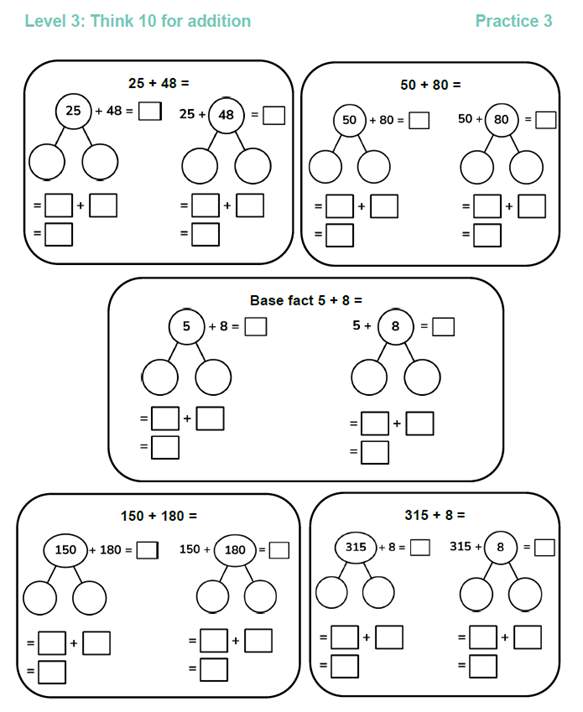
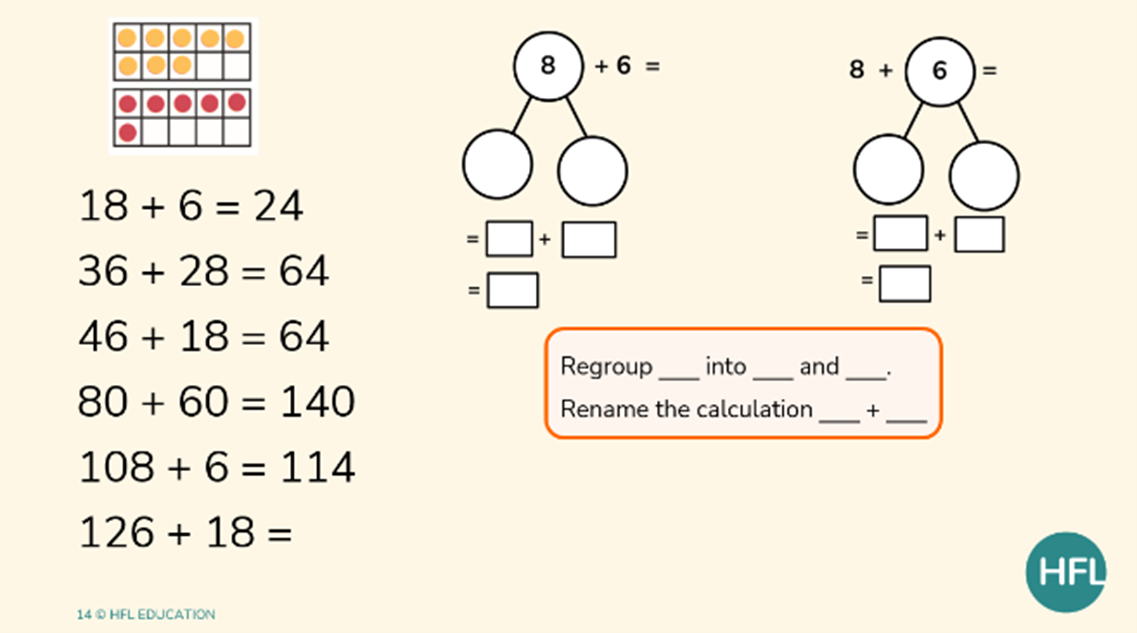
Making Fluent and Flexible Calculators at KS3: Impact data
Having completed the programme, exit diagnostics are completed and data is crunched.
On average, in just 8 weeks, students in lower-attaining KS3 classes made 10 months of progress in their accuracy in mental maths, and their knowledge and use of base facts increased by 12 months.
What do teachers think?
From conversations with teachers, there were initial doubts about the low starting points and repetitive nature of the practice, but quickly, it was recognised that pupils, particularly in lower sets, were seeing success.
The repetitive nature of the practice quickly became familiar and due to the practice only being a small part of the maths lesson, they weren't losing out on coverage.
In several schools, getting the implementation right was a challenge. Staff changes or absence and getting staff to buy in to a way of teaching and learning mathematics that may feel a little alien in a secondary school setting were barriers to overcome.
But where there was a champion and once the pupils started to see success, teachers saw success too. Several schools have decided to use the programme every year with Year 7 pupils to ensure they have a good grounding of mental maths calculation strategies to build on.
Pupils in KS3 with Special Educational Needs
We know that more and more pupils are being recognised as having special educational needs, and we also know that the ripples from missed teaching during the COVID-19 pandemic will continue for several years.
If we want pupils in KS3 to move forward, we might have to start by going a long way back.
Some schools are using schemes that have a watered-down version of the 'full curriculum' for pupils with lower attainment but if foundations, crucial skills and knowledge aren’t secure, research shows that they will just tread water or even worse… even if the curriculum is thinned.
The Making Fluent and Flexible Calculators programme enables the crucial skills and knowledge to be explicitly taught and rehearsed alongside the teaching of the broad KS3 maths curriculum.
For school-specific queries, contact the HFL Education Primary Maths Team at primarymaths@hfleducation.org
References
Ofsted (2023) Coordinating mathematical success: the mathematics subject report Available at: https://www.gov.uk/government/publications/subject-report-series-maths/coordinating-mathematical-success-the-mathematics-subject-report
Nuffield Foundation (2020) Low Attainment in Mathematics: an investigation focusing on Year 9 pupils in England MAIN REPORT Jeremy Hodgen, Robert Coe, Colin Foster and Margaret Brown with Steve Higgins and Dietmar Küchemann: Low attainment in mathematics: an investigation of Year 9 students - Nuffield Foundation

